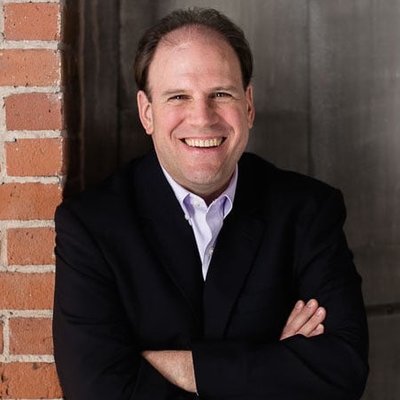Charles Starrett

Blog, links, and…
Culture consultant & social tech teacher/facilitator at SoulCo & Northeastern University. He/Him. Dad, Harvard and NEC alum, visual thinker, dabbler in ukulele, electronic music, 한국어, and TTRPGs.
RSS
Daring to not know
Where I grew up, the person who talked more, who had more and stronger opinions, who could argue their case the best (whether they were right or wrong) got the rewards. So I learned to always have an answer. To extrapolate as far as I needed to from the few facts I knew so that I could “contribute to the conversation” and would be seen as engaged, valuable, and worthy of respect.
I got pretty good at this and could be very convincing with my made-up answers. Who knows, maybe I even guessed correctly some of the time.
The down side is that I began to lose track of the difference between what I knew, and what I thought I knew. Extrapolating facts just so that I wouldn’t look dumb became a habit. I lost confidence in my knowledge of myself and the world.
It’s taken a lot of work and commitment to undo that habit of guessing at answers. To practice noticing when I’m saying things that I’m not confident of. To endure the discomfort of saying, I don’t know. To learn to ask people to explain things instead of just assuming I understand what they mean.
The gift of practicing not-knowing is that I have rediscovered they joy of being curious. I’ve been able to feel more free as I worry less about looking smart or being right. And I’ve gained confidence in being able to better trust my ability to know what I know, and to know what I don’t know.
Because another way to say, “I don’t know” is, “I don’t know…yet.”
30 August 2022